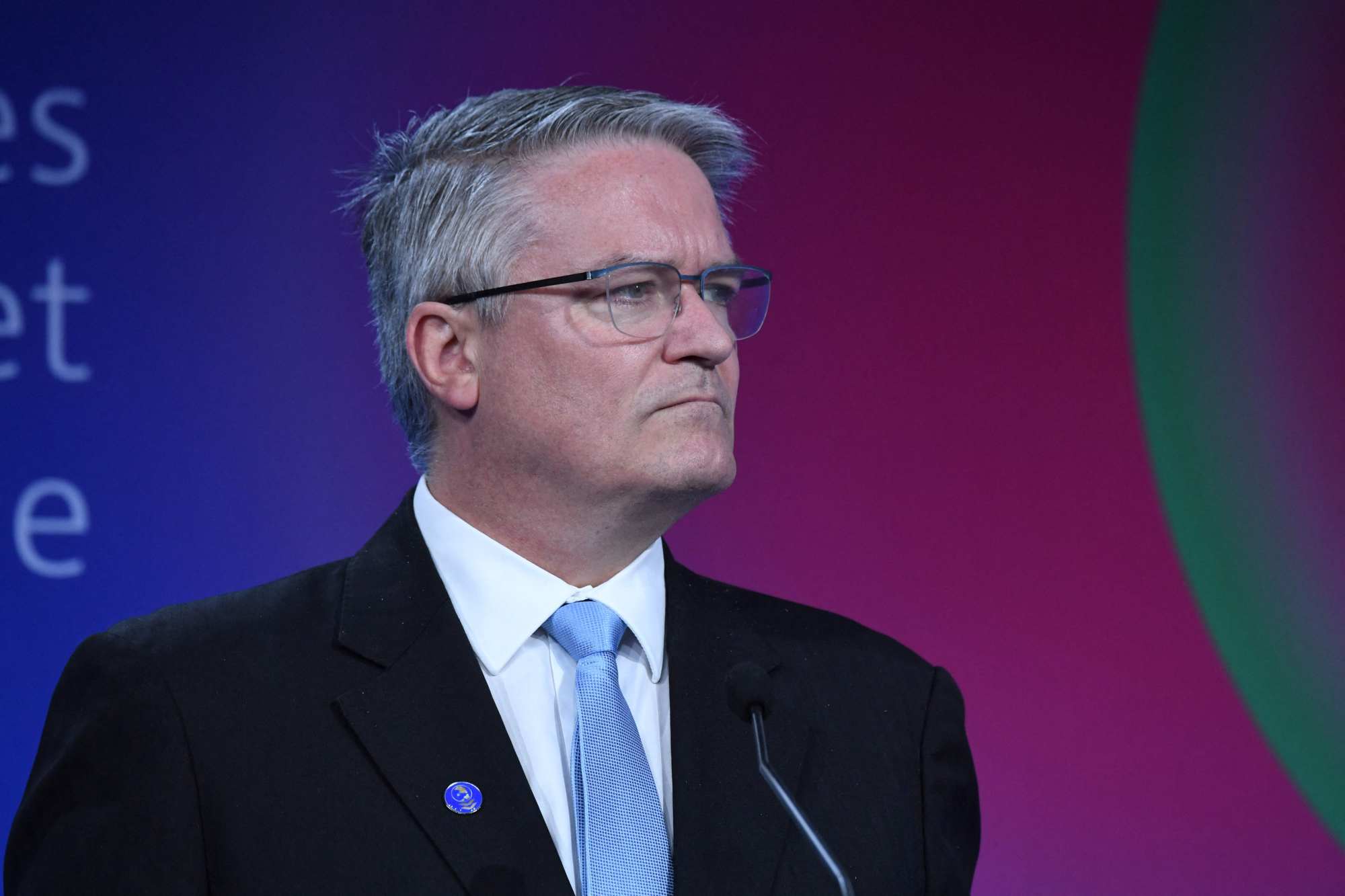
Is Israel hampering Indonesia’s efforts to join OECD given Jakarta’s support for Palestinian cause?
- Indonesian officials have dismissed claims that Israel is delaying Jakarta’s application to join the Organisation for Economic Co-operation and Development
- But analysts say Indonesia may have to boost diplomatic ties with Israel or leverage its relationship with OECD nations, to hasten its application
Coordinating Economic Minister Airlangga Hartarto on Monday said Indonesia was having discussions with the OECD about its membership, and that a decision was yet to be made.
“We’re still in the application [phase]. After this, we need to create a road map and adhere to it. [The proposal] may be approved or not. The process is still lengthy,” he said.
Indonesia’s push to join OECD ‘rich man’s club’ is misguided
His comments about the country’s membership came after Sunday reports by Nikkei Asia that Indonesia’s accession to the group “faces uncertainty due to objections” by Israel, citing anonymous diplomatic sources. Israel’s qualms were reportedly brought up during a meeting of OECD ambassadors on January 29 and 30.

Last month, OECD Secretary General Mathias Cormann confirmed that a formal request from Indonesia had been received and was being considered by the OECD council, which includes representatives from all 38 member states, including Israel.
According to the Nikkei report, Israel’s objection may hurt Indonesia’s chances of joining the OECD as the grouping requires unanimity to make decisions, including on the accession of new members.
“This could become a constraint for Indonesia,” said Ahmad Rizky M. Umar, a researcher of Indonesian foreign policy at Australia’s University of Queensland.
No diplomatic ties
Indonesia, home to the world’s largest Muslim population, does not have diplomatic ties with Israel and has been a long-time supporter of Palestine.
Last month, Indonesian Foreign Minister Retno Marsudi and her country’s delegation walked out during an address by Israel at a United Nations Security Council meeting.
The ministry later said the walkout was in response to the Israeli permanent representative also being absent while Indonesia and several other countries from the Organisation of Islamic Cooperation were delivering their speeches.
Lalu Muhammad Iqbal, a spokesperson for the foreign ministry, on Monday said Indonesia “does not see any connection between its consistent stance in supporting Palestine so far and its membership in the OECD”.
Amar argued that there may also be some friction within the Indonesian ministries over their response to Israel.
Indonesia’s coordinating ministry for economic affairs is leading the country’s OECD membership, while the foreign ministry steps up efforts in voicing support for Palestine.
Indonesian clerics issue fatwa boycotting products linked to Israel and Zionism
If push comes to shove and Indonesia must establish diplomatic relations with Israel to become a member of the OECD, this may also result in public backlash, Umar said.
“Indonesia has a quiet trade relationship with Israel but no diplomatic ties. There have been proposals in the past to elevate diplomatic ties, but they have been met with resistance from Indonesian society.
“Considering how high the solidarity with the Palestinians is among the public, this would be a very unpopular decision,” he added.
‘Quaking in their boots’: Malaysians, Indonesians ditch brands over war in Gaza
Channels of communication
Dandy Rafitrandi, an economics researcher at Jakarta’s Centre for Strategic and International Studies, said Indonesia and Israel’s limited channels of communication might complicate matters when such reports come out.
But he noted that if Indonesia wants its membership application to be successful, it would need to step up lobbying efforts among OECD members, including Israel.
“I am not sure what kind of channel this would be, whether it is formal or informal, but OECD can be a good platform for the two countries to communicate,” he said.
In jab at Jokowi, Indonesia’s presidential hopefuls vow pivot from China focus
However, if the reports are credible, Dandy noted that Indonesia might be able to leverage the support from other OECD members to progress its membership despite Israel’s objections.
To join the group, a country must undertake significant reforms to ensure its laws, policies, and practices comply with OECD standards.
Becoming a member of the OECD is likely to be a long-term process for Indonesia, Dandy said, adding that “these kinds of geopolitical tensions will continue to come up and Indonesia will have to be prepared to face them”.

